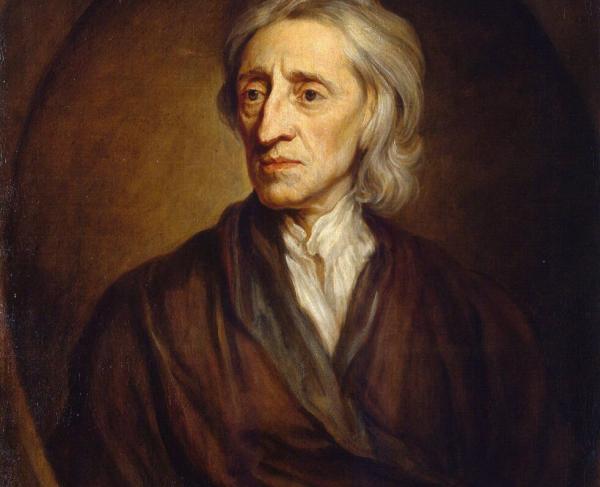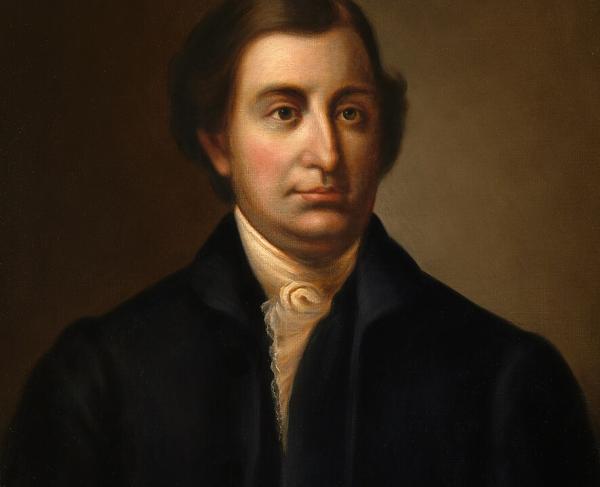John Locke

Known as one of the most influential Enlightenment thinkers, John Locke was born on August 29, 1632 in Somerset, England to devout Puritan parents. His father, also named John, worked as a clerk to the local Justice of the Peace and served as a cavalry captain in the English Civil War. As a teenager, Locke attended the distinguished Westminster School in London at the nomination of his father’s former commander. After that, he received an appointment to Christ Church at the University of Oxford in 1652.
Locke found his studies frustrating at both Westminster and Oxford, particularly the classical curriculum of Greek and Roman philosophy. Instead, he gravitated toward the modern works of René Descartes and other Enlightenment philosophers. He also took interest in medicine and experimental philosophy during his tenure at Oxford. After earning both a bachelor’s and master’s degree by 1658, Locke pursued a bachelor of medicine where he worked alongside esteemed scientist Robert Boyle.
Lord Anthony Ashley Cooper, the 1st Earl of Shaftesbury, met Locke at Oxford and determined to enlist the young man as his personal physician. While Locke lived at Ashley’s Exeter house in London, he continued his medical studies under the teaching of Thomas Sydenham—who profoundly influenced Locke’s political thought. Ashley, a founder of the Whig movement, also impacted Locke’s ideology. The earl likely helped persuade Locke to write the Two Treatises on Government which are long thought to be a defense of Britain’s Glorious Revolution. But because Locke wrote the Treatises prior to the revolution, they could simply pose a general argument against absolute monarchy.
However, Locke’s revolutionary views got him into trouble. In 1683, he fled England under accusations of his connection to a conspiracy to assassinate King Charles II known as the Rye House Plot. Though his involvement in the plot was never proven, Locke spent his exile in Netherlands until after the Glorious Revolution. When he returned to England following the ascension of Mary II, he published his three major works of political philosophy: Essay Concerning Human Understanding, the Two Treatises on Government, and A Letter Concerning Toleration. Locke’s fame grew as a result of his publications, and he soon became a renowned intellectual among the Whig party. He died in 1704 at the age of seventy-two, a lifelong bachelor.
Locke based his Two Treatises around the idea of a social contract in which individuals consent to surrendering some of their rights in exchange for protection and order. American Revolutionaries adopted this notion and others, particularly in the Declaration of Independence. In fact, Jefferson likely found inspiration for his phrase, “Life, Liberty and the pursuit of Happiness,” and other language of the Declaration in Locke’s Second Treatise. The Declaration of Independence also espouses Locke’s theory that revolution is not only a right of the people but an obligation in some cases. Following the Revolution, John Locke’s political ideas continued to influence American government during the framing of the United States Constitution. His promotion of separation of powers and theory that a government’s authority is derived from the consent of the governed laid the groundwork for such principles in the Constitution.


